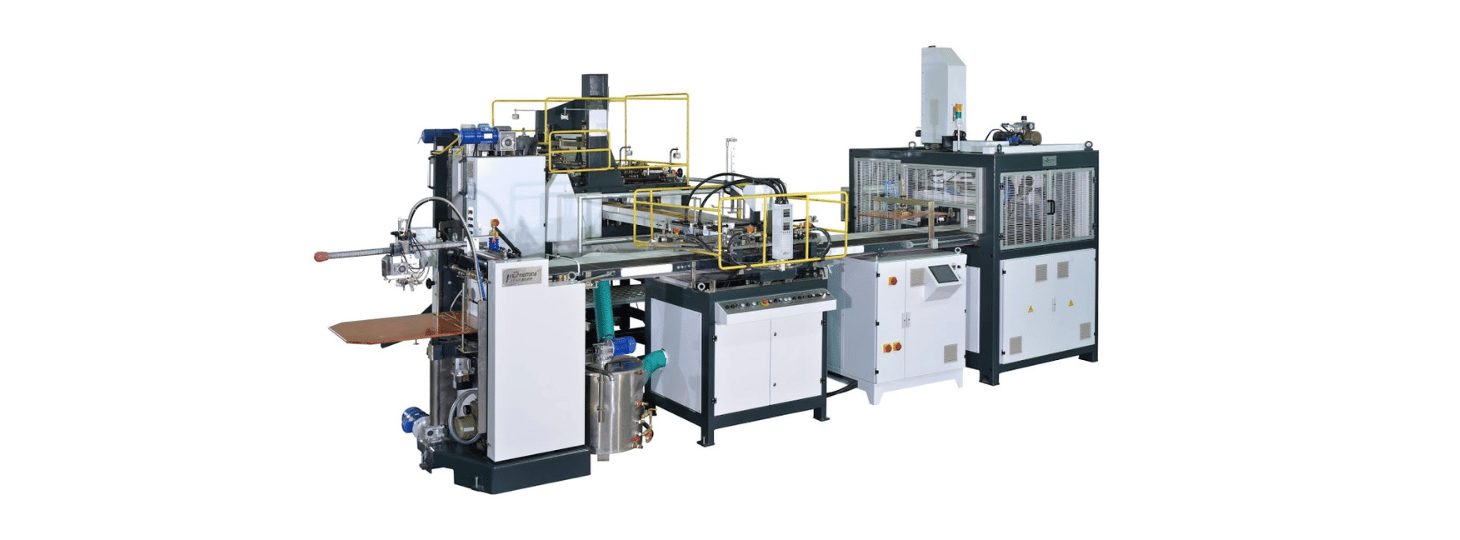The market size for cartoning machines continues to expand as more industries acknowledge their vital role in enhancing packaging efficiency. In fact, Fortune Business Insights reported that the global cartoning machines market size is projected to reach $3.02 Bn by 2027, exhibiting a CAGR of 3.8% during the forecast period. Hence, it’s essential to consider various factors before investing in such a solution, such as:
#1 Production Speed
Production speed is paramount when choosing a cartoning machine. High-speed machines facilitate quicker turnaround times, enabling businesses to meet higher order volumes. However, speed must not compromise the quality of packaging. It’s like being in a car race – speed matters, but so does reaching the finish line in one piece.
#2 Versatility
A flexible machine can handle different sizes, shapes, and types of cartons, offering a broader application range. It means that, even if the product range diversifies, the machine remains relevant. Imagine having a Swiss Army knife in packaging operations. That’s how versatile a cartoning machine should be.
#3 Ease of Maintenance
Regular maintenance prolongs the machine’s life and ensures consistent performance. Thus, a machine that’s easy to maintain is a better choice. It means fewer downtime hours and decreased disruption to productivity. Think about it as having a vehicle that seldom requires a mechanic’s attention – that’s the ideal cartoning machine.
#4 Cost
The total cost is not just the initial purchasing price; it also includes ongoing expenses like energy consumption, spare parts, and maintenance. Hence, it’s crucial to consider a machine that offers high efficiency at a reasonable cost. Autoboxup understands this aspect deeply and manufactures cartoning machines that are designed to deliver consistent long-term value for businesses.
#5 After-Sales Service
Quality after-sales service is crucial as it can significantly impact the machine’s longevity and productivity. Reliable after-sales service provides prompt assistance during breakdowns or technical difficulties, ensuring minimal disruption. Picture having a reliable friend always ready to help in times of need – that’s the value of good after-sales service.






